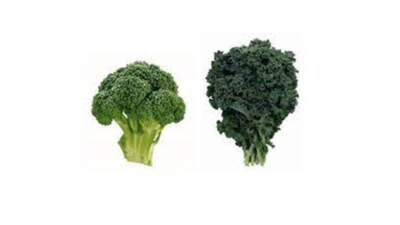Broccoli rich diet prevents prostate cancer
Eating one or more portions of broccoli every week can reduce the risk of prostate cancer, and the risk of localised cancer becoming more aggressive. – For the first time, a UK research group at the Institute of Food Research led by Professor Richard Mithen has provided an explanation of how eating broccoli might reduce cancer risk based upon studies in men, as opposed to trying to extrapolate from animal models.

